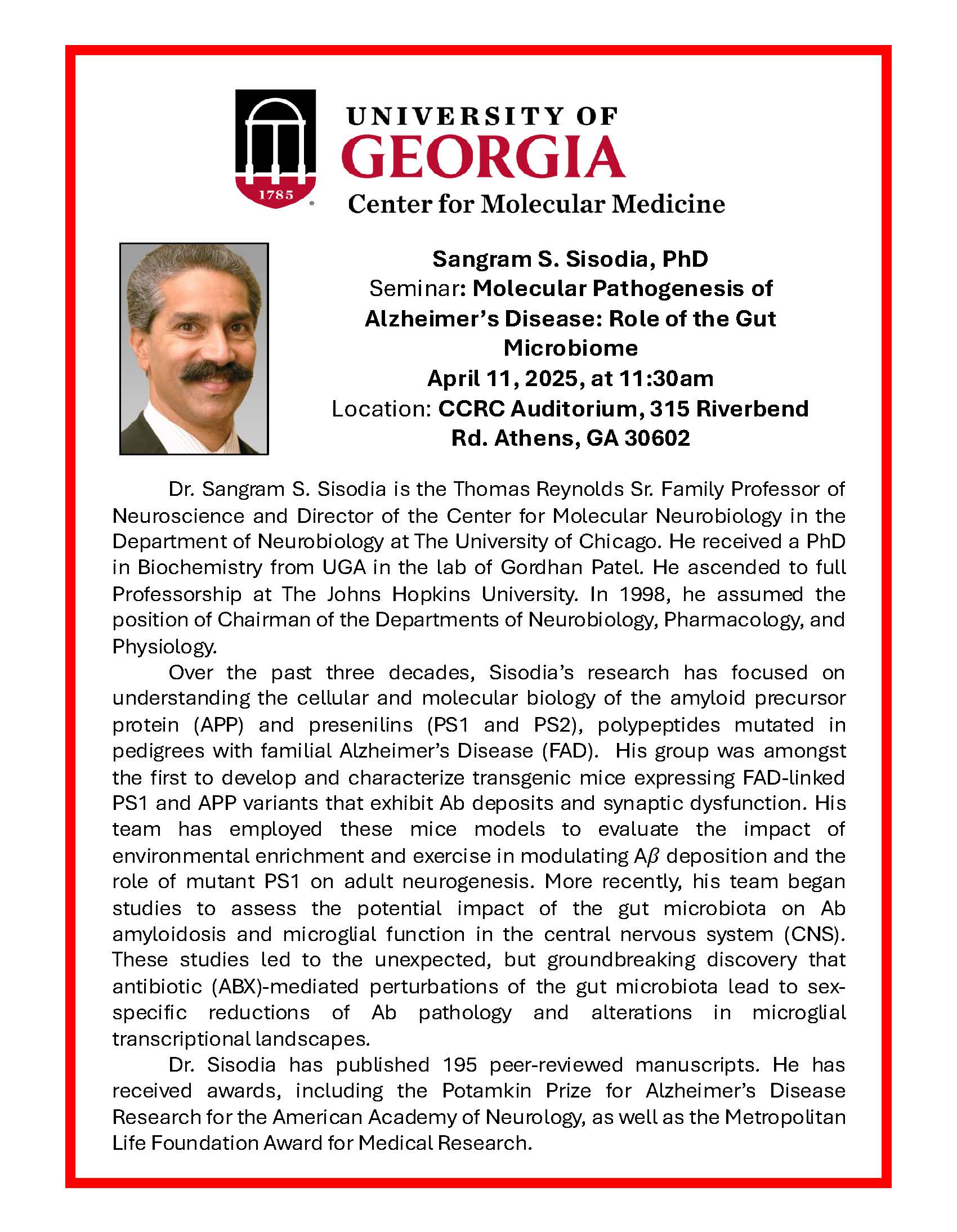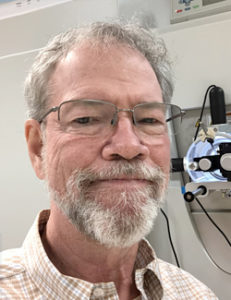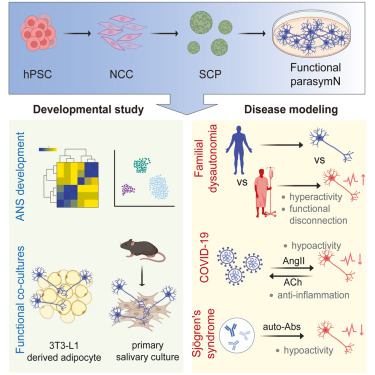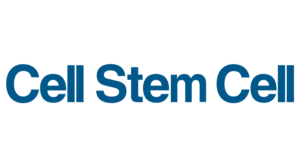Overview
The Center for Molecular Medicine’s mission is to better understand the molecular and cellular basis of human disease and to use this information to guide the development of new diagnostics, therapies, and cures.
Research areas include:
- Use of stem cells in cardiovascular, neurological and metabolic disease
- Human disease modeling with human induced pluripotent stem cells (iPSCs)
- Drug discovery
- Tissue engineering
- Vaccine development
— April 2025 —

— January 2025 —
The new year brings in TWO new pillars of leadership, research, and education to the CCRC / CMM communities!
Joining us are Drs. Nathan Lewis and Christopher West.

Nathan Lewis (left) is the newest Georgia Research Alliance Eminent Scholar in Molecular Biology. Housed in the CMM, Lewis, Professor of Biochemistry and Molecular Biology, will be bringing his research and part of his team from the University of California, SanDiego.
Lewis studies cellular communication, cell-cell interactions, and how cells are regulated on a molecular level, all in efforts to study human disease and engineer cells for therapeutic purposes.

Chris West (right), UGA’s Distinguished Research Professor, has until recently guided the Biochemistry & Molecular Biology Department as Head for nine years. West now takes up the mantle of Associate Director for the Center for Molecular Medicine to share his experience and resources.
West uses techniques such as gene editing and glycome profiling to study glycosylation as used by eukaryotic parasites to proliferate. Click here for more information on Chris West: https://ccrc.uga.edu/team/christopher-west/
We enthusiastically welcome both great minds to lead and collaborate with us!
The Zeltner Lab published a new article in Cell Stem Cell titled “Parasympathetic Neurons Derived from Human Pluripotent Stem Cells.” To read the complete article, follow this link: parasympathetic neurons.
Cell titled “Parasympathetic Neurons Derived from Human Pluripotent Stem Cells.” To read the complete article, follow this link: parasympathetic neurons.










